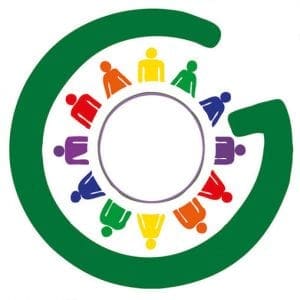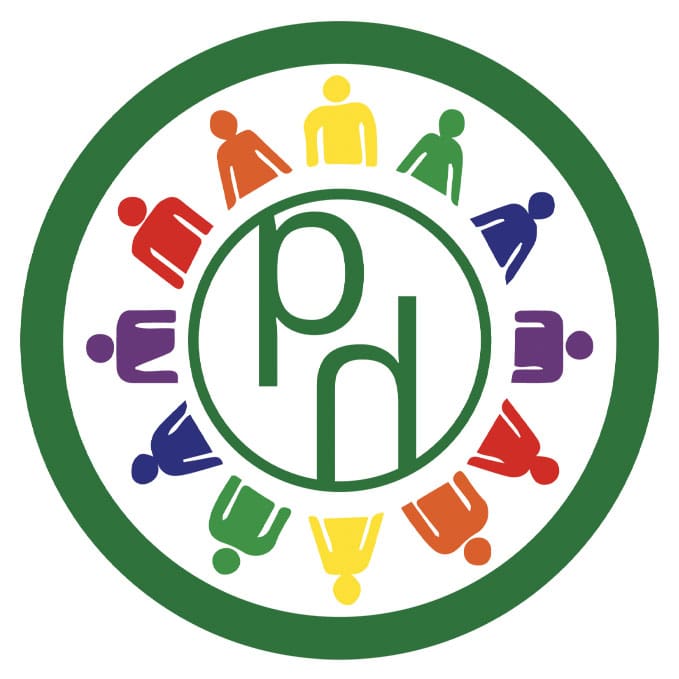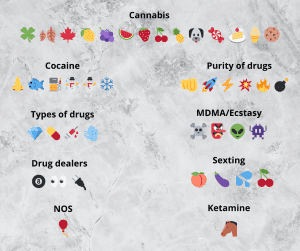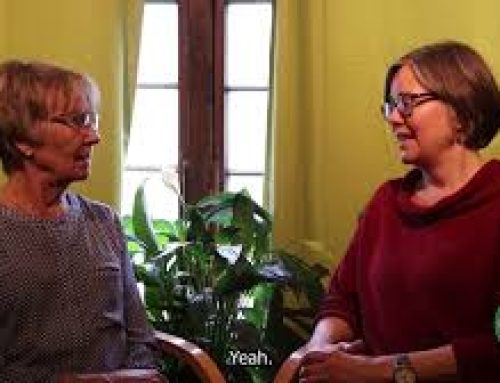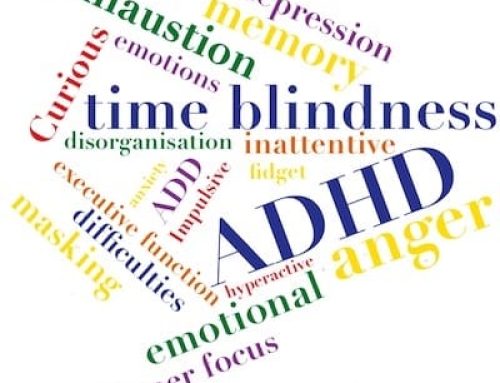Our January ‘online help’ feature comes from Surrey Police and Action for Carers. This is such a useful insight into the teen world and it offers parents and carers many useful things to be aware of.
________________
Communicating with the young people in our lives is not always easy and we know it can sometimes feel like a challenge to keep up with the latest slang or trends. How teenagers talk to each other online is changing too, particularly with their use of emojis. Previously straight-forward emojis can now take on hidden meanings and by trying to stay informed with the language they are using, it can help us to spot when they are in trouble.
Surrey Police has recently run a social media campaign aimed at educating parents, carers and those who work with children on some of the emojis commonly used by teenagers to refer to drugs or sexual behaviour. The hope is that by raising awareness of emojis used to discuss these topics, we can better safeguard children if we see these in use and feel confident starting a conversation about it.
We know that checking children’s phones can break down their trust, and we’re not suggesting you do this, but we want you to feel informed and know what to be concerned about if you do see something odd.
These are the emojis Surrey Police has been highlighting:
The use of these emojis on their own do not necessarily mean teenagers are involved in drugs or sexual behaviour. Instead, this may be seen as part of a bigger picture of changing behaviour including (but not limited to) changes in their mood, performance at school, and them becoming increasingly secretive. We are providing this information to help you have informed conversations with your children and teens, when the time is right for you and for them.
If you have concerns, there are a number of resources and services that can help, aimed at both children and parents or carers:
- Catch 22 – Surrey’s Young People Substance Misuse Service
- Talk to FRANK has helpful advice about drugs for children and parents
- NSPCC has advice about keeping your child safe, including how to have difficult conversations
- Childline – information for young people about drugs and sexual relationships
- YMCA WiSE (What is Sexual Exploitation) supports young people around staying safe in relationships, online and in the community
- Surrey Police website about county lines drug dealing
Thank you for taking the time to read this information, please share with anyone who might find this useful.
